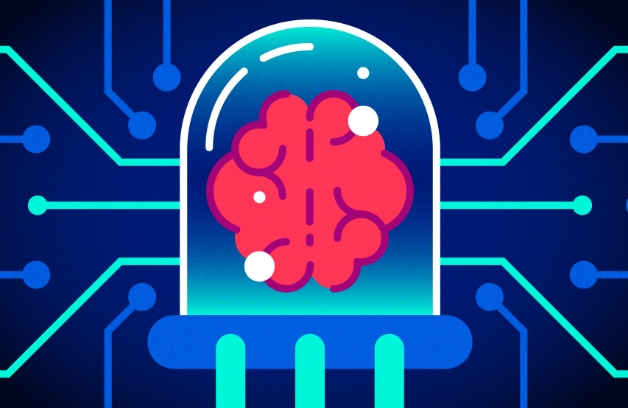Open source AI is reshaping the landscape of technology, empowering individuals and organizations to innovate without the traditional barriers of proprietary software. As artificial intelligence continues to permeate various sectors, understanding the benefits and implications of open source AI becomes increasingly relevant. This post delves into the advantages of open source AI, some popular platforms, and its future prospects.
The Benefits of Open Source AI
One of the most compelling reasons to embrace open source AI is its accessibility. Unlike proprietary systems, which often demand significant financial investment, open source platforms allow anyone to utilize and modify the software at no cost. This democratization of technology fosters collaboration among developers, researchers, and enthusiasts, enabling rapid advancements in AI capabilities. Moreover, open source projects encourage transparency, as users can inspect the underlying algorithms, leading to heightened trust and understanding in how AI systems function.
Popular Open Source AI Platforms
Several robust open source AI platforms have gained traction in the tech community. TensorFlow, developed by Google, is perhaps the most widely recognized framework, providing tools for building machine learning models with ease. Another notable mention is PyTorch, favored by researchers for its dynamic computation graph feature, making it ideal for developing complex models. Additionally, platforms like OpenAI’s Gym offer environments for developing and comparing reinforcement learning algorithms, allowing users to experiment in a controlled setting. These tools are invaluable for both newcomers and seasoned developers looking to refine their skills or create cutting-edge AI solutions.
The Future of Open Source AI
The future of open source AI seems promising, as the trend towards collaborative development continues to gain momentum. With an increasing number of organizations recognizing the value of sharing research and tools, we can expect to see more innovative projects emerge. Additionally, as awareness of ethical AI rises, open source practices may play a crucial role in creating fair and accountable AI systems. As the community grows, the potential applications for open source AI will expand, encompassing areas like healthcare, education, and environmental sustainability, making it crucial for everyone to stay informed and engaged in this evolving field.
In conclusion, open source AI represents a significant shift in how technology is developed and deployed. The benefits of accessibility, popular platforms, and future potential offer a rich landscape for exploration. Whether you’re a developer, a researcher, or simply curious about AI, consider diving deeper into the world of open source AI. It’s an exciting journey that can lead to remarkable career opportunities and groundbreaking innovations.

